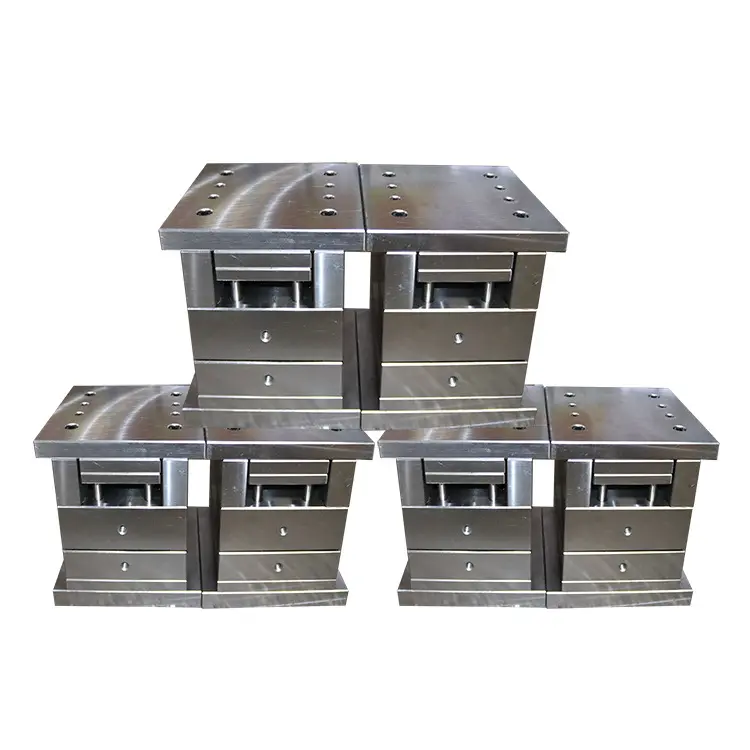Mold steel plays a crucial role in the manufacturing sector, especially in a rapidly developing country like Indonesia. As the manufacturing industry continues to expand, understanding the applications and benefits of mold steel is essential for manufacturers to optimize processes and produce high-quality products. This article delves into the various aspects of mold steel and its significance in Indonesia's economy.
What is Mold Steel?
Mold steel, also known as tool steel, is a specific type of steel designed for manufacturing tools and dies. It is known for its high hardness, wear resistance, and the ability to hold a sharp cutting edge. These properties make mold steel an essential material in the production of molds used for various applications, including:
- Plastic injection molds
- Die casting molds
- Stamping dies
- Blow molds
Key Applications of Mold Steel in Indonesia
In Indonesia, mold steel is utilized across several industries, enhancing production efficiency and product quality. Below are some of the key applications:
| Industry | Application | Type of Mold Steel Used |
|---|---|---|
| Automotive | Manufacturing components and parts | H13, S7 |
| Consumer Goods | Plastic packaging and containers | P20, S136 |
| Electronics | Precision molding for electronic cases | HPM, NAK80 |
| Medical Devices | Molds for surgical instruments | P20, P50 |
Benefits of Using Mold Steel in Manufacturing
Investing in mold steel brings numerous advantages, which contribute to improved manufacturing processes. Some key benefits include:
1. Enhanced Durability and Strength
Mold steel is known for its exceptional strength and durability. This means that molds can withstand high pressures and temperatures without deforming, resulting in longer service life and fewer production downtimes.
2. Excellent Wear Resistance
Due to its composition, mold steel exhibits superior wear resistance. This is crucial for molds that are used in high-volume production runs, leading to reduced material wastage and lower operational costs.
3. Versatility in Applications
Mold steel comes in various grades, each tailored for specific applications. This versatility allows manufacturers to select the appropriate type of mold steel to meet their production needs, resulting in better product outcomes.
4. Cost-Efficiency
While the initial investment in mold steel may be higher compared to other materials, its longevity, reduced failure rates, and minimal downtime ultimately lead to cost savings for manufacturers in the long run.
5. Improved Product Quality
The quality of molds directly affects the quality of the end products. By using high-grade mold steel, manufacturers can achieve precision and consistency, yielding higher-quality products that meet market demands.
Challenges and Considerations
Despite the evident advantages, the use of mold steel in Indonesia's manufacturing industry is not without challenges. Manufacturers must consider:
- The need for skilled labor to work with mold steel
- Investment in proper machinery and technology
- Understanding the specific requirements of different mold steel grades
Conclusion
As Indonesia's manufacturing sector continues to grow, the importance of mold steel cannot be overstated. With its unparalleled properties and versatility, mold steel presents numerous benefits that can revolutionize manufacturing processes. The industry must embrace its potential to enhance product quality, improve efficiency, and maintain competitiveness in the global market.

